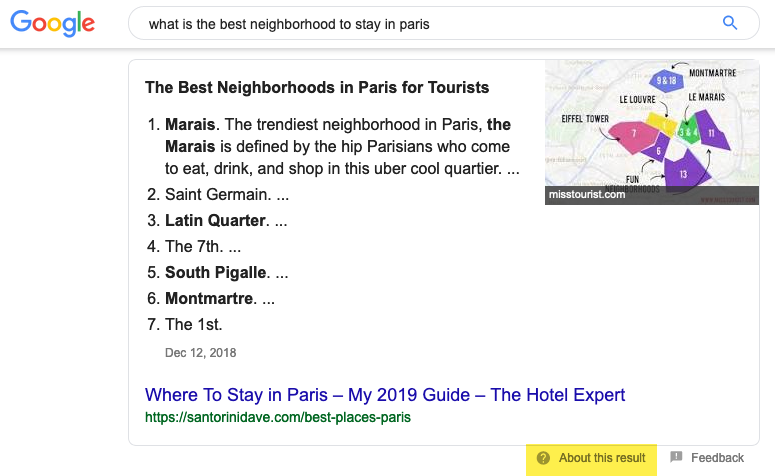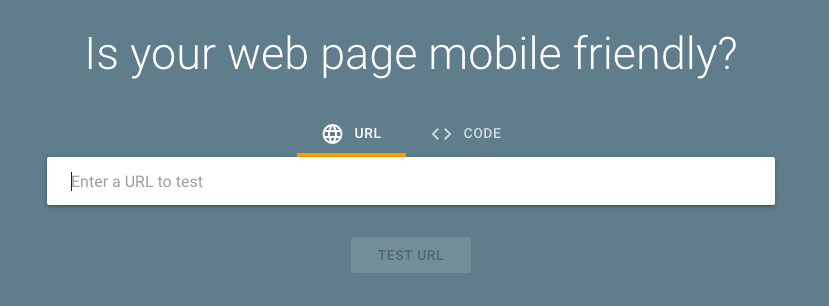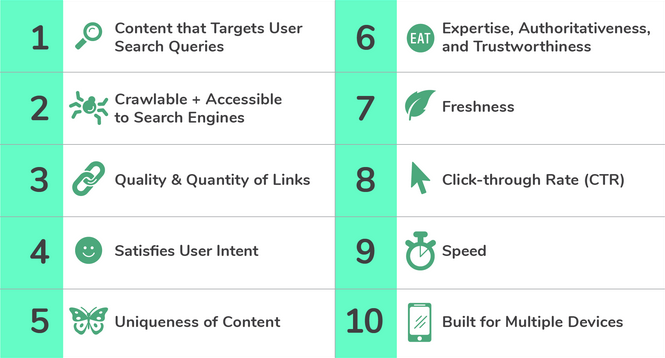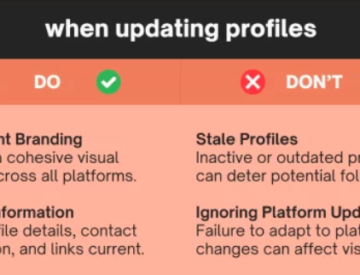In 2016, web marketing studies estimated that 20% of mobile users had already performed a voice search online. This percentage increased to 25% in 2017 and is likely to reach 50% by 2020—which is less than a year from now!
Read also: How Voice Search Will Impact Travel Marketing
You probably noticed more and more industry pundits writing about voice search and the impact it will have on your digital marketing strategies.
SEO and voice search
Optimizing your website for search engines, such as Google, Yahoo or Bing, is important if you want to rank at the top of organic search results. But what happens when someone uses voice search and only one result appears, as opposed to pages and pages of results?
How can your website be the FIRST result that a user will hear, rather than see? This can be a major challenge when optimizing your website for voice search!
The importance of Google’s position zero
Above all, you’ll want your website to be optimized for position zero in Google’s search results. What is position zero? It’s the featured snippet block at the top of Google search results page; it is the first search result that trumps Google organic search results, appearing right after paid ads if there ary for your query.

In the example above, I wanted to find out which area might be a good choice for an upcoming trip to Paris. If I had conducted that search vocally with Google Home, Amazon Alexa or Siri on my iPhone, this is the result I would have been given!
How you can optimize your website for voice search
There are no guarantees that you can secure position zero for your website. However, you must make sure to respect some fundamental guidelines to get that snippet or at least rank higher in search engine results when users opt for voice search.
Have a mobile-friendly website
I have mentioned this several times—either on this blog or during my conferences and training sessions: your website needs to be mobile-friendly. Not sure if your website is mobile-friendly? Use this test from Google to find out.
Here are some important aspects to consider:
- Is your website responsive?
- How fast does your website and its popular pages load?
- Are your images compressed and indexed?
- What is the size of your buttons?
- Can you cache less relevant pages of your website?

Wondering if your website mobile-friendly, according to Google? Take the test here
Answer questions
Until just recently, website optimization focused primarily on the most popular online searches using keywords. Today, voice queries contain partial sentences and conversational words. Therefore, the texts your website should reflect this growing trend.
It should come as no surprise to notice more and more “Frequently asked questions” sections on websites. In fact, website content should leverage (and index) content generated by users; this type of user-generated content will be more relevant to help your website rank higher in search engines, especially when it comes to voice search.
Optimize your website’s markup to attain position zero
Also called the featured snippet, position zero (see example above) can be achieved by using some good, not-so-old-fashioned SEO techniques, such as:
- Write a page on a specific topic matter.
- Create content that specifically answers a question.
- Identify questions that you can provide relevant, high-value answers to (especially when it comes to popular keywords and long-tail searches).
- Leverage the power of semantics, with synonyms or related terms
- Use trigger words, like “How,” “How much,” or “Best.”
- Use conversational language, as though you were talking to a friend.
- Use different levels of titles and sub-titles (H1, H2, H3, H4).
- Make sure to have one unique title and meta description for each page.
- Include keywords in your first sentence or first paragraph.

Read also: Yes, SEO Still Matters
Create a Google My Business listing
Whether you want to geotarget your website on Google Maps or allow customers to give their feedback using Google Reviews, there are many reasons why you should manage a Google My Business listing. Take the time to read my blog post 5 Tips to Rock Google My Business to find out more.
Another compelling reason? A Google My Business listing can be your secret weapon for voice search! On the one hand, it will improve your site’ domain authority. On the other hand, it will enable your website to better rank with local searches, which comprise the vast majority of voice searches.










Leave a Reply